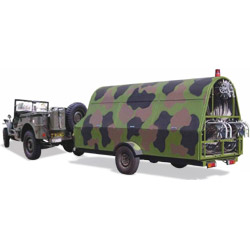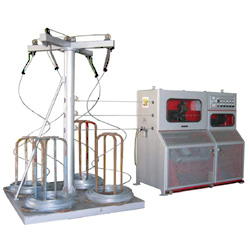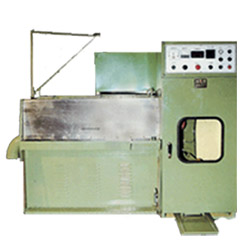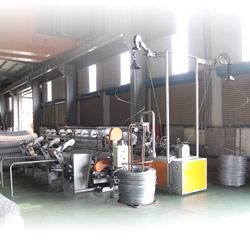How much does it cost to wire a house these days? You need to take several things into consideration such as size, location, specification etc. This article gives you tips on what technical aspects you need to be aware of, avoid the pitfalls and get the best price to wire your house.
1) The Size Of Your House
The size of your house directly affects the cost. The cost of wire, outlets, switches etc will increase proportionally with the increase in square feet of your property. Of course other factors like whether it is single/multi storey, the layout etc will affect the price.
If it is a new house build you will also have to factor in the cost of connecting to the grid, which can be very expensive depending on location.
2) The Current System
Is the house running an older fuse-type system or a circuit breaker system? If you are unsure, ask the electrician when they are quoting what type of system it is.
3) Planning For The Future
This type of work is done rarely so make sure you plan it carefully. In addition to the standard outlets, lighting etc you may want to have external power to a garage, patio or deck. It is cheaper to have all the work done in one go rather than doing a further project later so plan for all eventualities.
If you are planning to sell the house in future, a good idea is to take photo's or video of the work being done so you can prove you had the work done to any prospective buyer.
4) Walls and Finishing
If your walls are made from solid brick there will a be more work to chase out spaces for the wires. If your walls are plasterboard, it will be much easier. Remember also you will have an additional cost to plaster/finish the walls, so factor this cost into your budget.
5) General Tips
a) Do not attempt the work yourself unless you are qualified. Electricity is potentially lethal so ensure your electrical contractor is a member of trade associations and their work is up to local safety standards. It is your family's life you are risking by cutting corners.
b) Always get 3-5 prices, and be prepared to haggle. With the current financial climate you will be able to find a great deal. A reputable firm will not ask for payment up front and give you a free estimate.
c) Get a fixed price and do not deviate from the original specification once the project is underway, this will just increase the cost.
d) Choose a timescale that suits you and the contractor. There will be a lot of disruption while the work is underway so discuss your requirements in detail and get a written agreement on what work will be carried out.
e) Get the relevant inspection certificate on completion (don't pay in full until you receive this).
f) Get recommendations from family and friends. Price is not the only consideration.
As a rule of thumb, for an average sized house, with regular fixtures and fittings, you will be looking at a cost of $2000-$5000.
This should answer the question how much does it cost to wire a house. Make sure you do some planning, find out the size of your house and what specification you need and you will able to find a suitable contractor and most importantly the best price.












